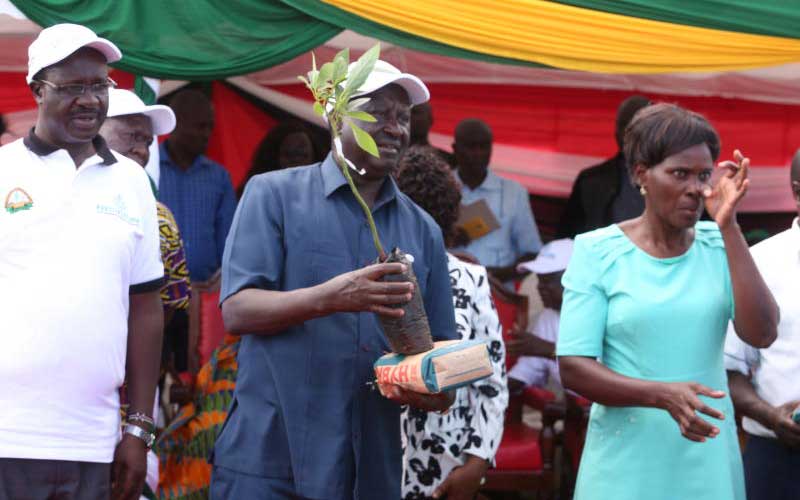×
The Standard e-Paper
Kenya’s Boldest Voice

Pressure continued to mount on Agriculture Cabinet Secretary Mwangi Kiunjuri following the government’s plan to import maize.
ODM leader Raila Odinga criticised the CS over the controversial maize importation plan, saying it is aimed at ripping off farmers. Raila asked Kiunjuri to shelve the plan, claiming the shortage is artificial and only meant to benefit cartels.